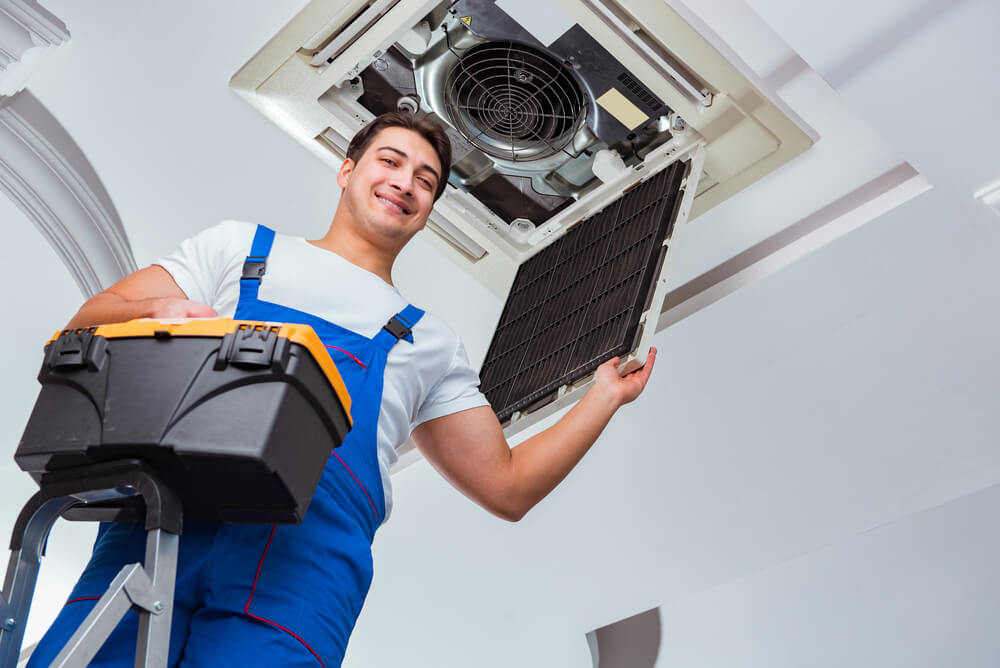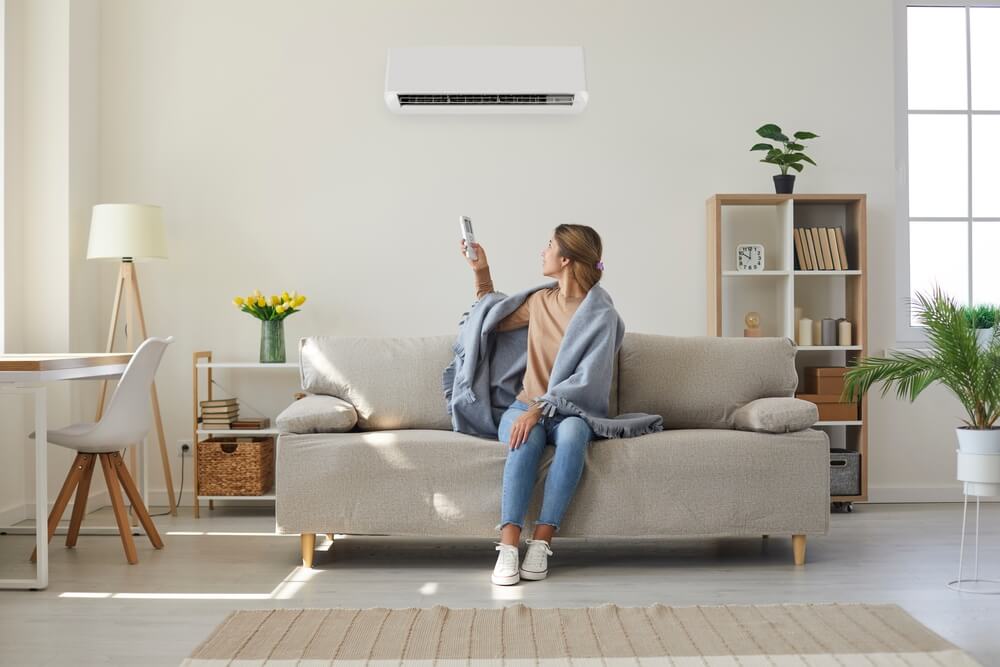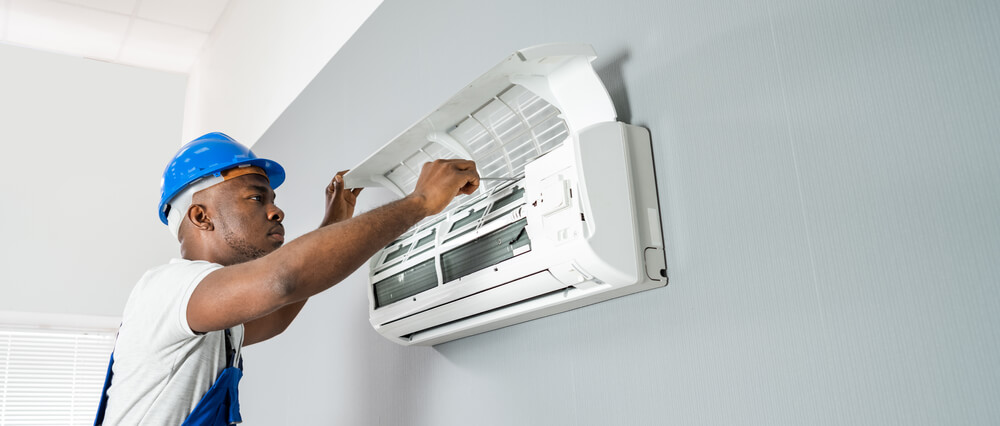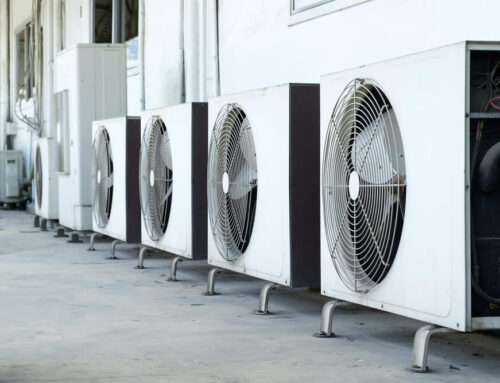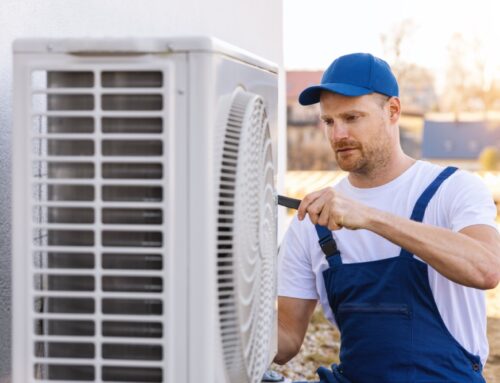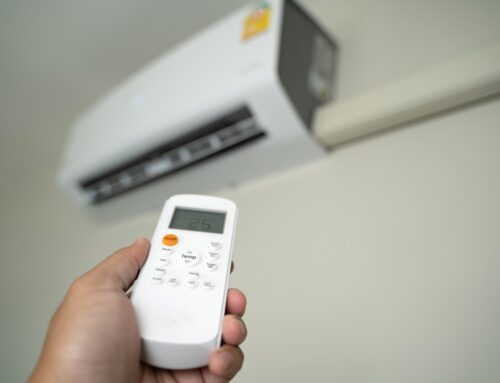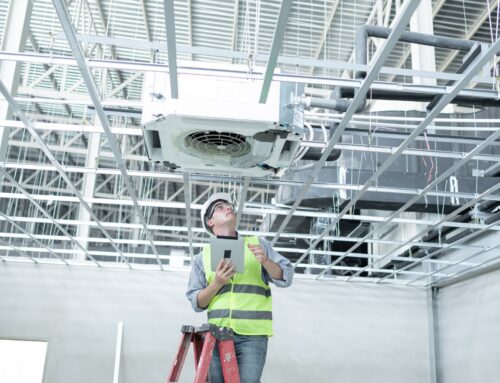HVAC or heating, ventilation, and air conditioning devices control a building’s humidity, cooling, heat, and airflow. Essentially, it should function like a house’s refrigeration/heating system, always regulating the temperature and keeping the home and its residents warm or cool depending on the weather conditions. These systems also clean the air, maintain moisture, and make spending time in your home more comfortable. Generally, these systems last for a decade up to 15 years, and some systems may even last for over two decades.
In this article, your favorite HVAC installation company has dug a bit deeper to bring you everything you need to know about the cost of HVAC repair, along with HVAC replacement costs. Truth be told, replacing these systems isn’t the cheapest endeavor. The national average for HVAC installation costs around $7,500, but the prices range from $5,000 and can go as high as $12,000.
What are the most crucial factors that determine HVAC replacement costs? Let’s find out.
HVAC Installation Costs
Even though replacing these systems seems like a significant expense, it’s necessary. Poorly functioning or broken units can lead to high cooling and heating bills and potentially harm the family’s or your health. Air quality can significantly deteriorate if the system is faulty, leading to spending your time in an unhealthy environment.
While it’s a costly process, HVAC installation should be looked at as a long-term investment. Furthermore, if you consider every factor that plays a role in your HVAC replacement cost (like ductwork installation and other factors), you will be able to make smarter choices.
HVAC Installation: Factors to Consider
HVAC systems consist of heating and cooling units (i.e., the air conditioner and the furnace units), along with the ductwork or the tube system that enables the air to circulate throughout the home.
And when it comes to HVAC installation, it’s crucial to determine what exactly you want to replace. You can get a new HVAC, new ductwork, or both. Replacing only the unit can be anywhere from $4,820 to $9,350, while replacing the unit along with new ductwork installation can run between $6,820 and $12,350.
The Size of Your Home
It goes without saying that the larger your home, the higher the costs will be because the system will need to cool and heat more square footage. That said, a more powerful unit will likely be more expensive than its smaller counterparts.
Also, the layout of the home may influence your expenses. Ductwork installation may be more complex and challenging if the house is large.
Still, if you have good insulation, you might be able to get away with buying a smaller unit. Conversely, if your insulation is less than optimal, you might need to get a more powerful system to maintain proper temperatures.
More About Ductwork Installation
Generally, ductwork will usually cost around $15 per linear foot. Still, the total cost will mostly depend on the materials you opt for, the home’s layout, the accessibility of the existing layout, and extras such as vents or covered ducts.
There are cases when your existing ductwork supports your new system. Needless to say, in these cases, you will be able to save a significant amount of money.
Choosing the Brand
Different brands will have different price points and will probably come with various features and equipment. There are several options to choose from, and in our book, the best option will always be the one that fits your budget and gives the best value for the money.
Seasonal Energy Efficiency Ratio
Also known as SEER value, this rating measures just how energy efficient an HVAC unit is. High ratings mean that the systems require less energy to maintain optimal temperatures and can enable you to save a significant amount of money on your utility bills. Needless to say, units with high ratings are usually more expensive, and some experts agree that for those living in a moderate climate, buying a high-rated unit may not make absolute financial sense.
Overall Project Difficulty
If the installation process requires custom parts or extensive modifications, your HVAC installation costs will most likely be higher. This is something you will want to consider and get checked out by expert technicians.
Installation or Repair
In some cases, you don’t have to replace your entire system, just a few parts. HVAC repair and maintenance may involve dozens of different small and large services. Your location, the ductwork layout, the extent of the problem, and the labor involved will all play a role in determining the final cost, so it takes a lot of work to give precise estimates.
Still, some experts will say that the average cost of HVAC repair ranges from $100 to $600.
The Cost of Different Parts
Apart from the significant expenses, there are also a few extra parts that you can consider. As a matter of fact, when involving all the additional components you can choose to complement your entire system, the average HVAC installation cost can range anywhere between $13,000 and $17,000.
Here are only a few components you may want to consider:
- Air purifiers
- Smart thermostats
- Dehumidifiers
- UV lamps
HVAC Replacement Costs – Tips for Saving
To get the best deal on your HVAC installation, consider the following tips:
- Find the system that’s the right size for your home: Have a team of technicians check out your home. They can assess your layout, home size, and layout and recommend a system that caters to your needs. This way, you won’t end up buying an overly small or too large system.
- Look for quotes and referrals: Get at least three estimates, and see what different companies have to offer.
- Don’t forget about maintenance: When you take good care of your system, you can extend its lifespan considerably. This is especially true if you already have a more modern system with a higher SEER rating. Taking good care of the unit means you can save a considerable amount of money, and having it maintained regularly can help you avoid costly replacements as long as possible.
- Check out financing options: While a finance plan isn’t a tip for saving money, it can give you peace of mind that you can replace your system and pay for it in monthly installments.
Getting the Best Deal for Your New System
As mentioned before, replacing a complete HVAC system can be a costly project. Still, if you go into the market prepared, after carefully assessing all the factors that can affect the final bill, you will have a better idea of how much you will be spending.
Also, don’t forget to research and figure out whether you want any add-ons. Lastly, getting a few quotes and looking for referrals can help you look for deals with the most value.
On that end, you can start by letting us know about your HVAC replacement plans. We can also help you with a quote.

